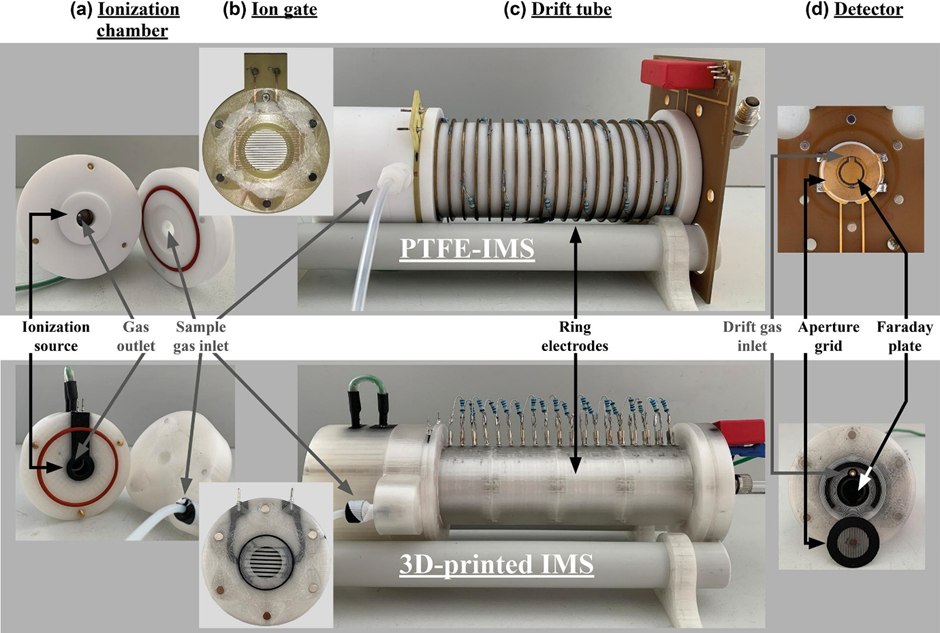The Mom Test
- goodgreenlife

- Sep 24, 2025
- 3 min read
If you would like to contribute to marketing questions click here for a google form.

Customers own the problem, founders own the solution. "The Mom Test" is a book about asking the right questions to avoid false validation. Here I've set out to explore whether everyday people actually want home diagnostics tools, and if they do what would they like and want to pay for.
To test the idea, I created a set of questions to learn about people's real behaviours and frustrations with health monitoring and not just their opinions. I stood outside a garden centre in Cardiff as was able to talk to 8 people.
Questions (Results are at bottom)
1. Do you currently monitor your health, for example using a smart watch or getting blood tests?
a. If yes – How do you currently monitor your health, especially in terms of detecting potential health issues early?
2. What are your primary health concerns or conditions you monitor regularly?
3. How often do you use health monitoring devices or services, and which ones do you currently use?
4. How comfortable are you using technology, for medical diagnosis?
5. What factors influence your decision when purchasing health monitoring devices (i.e. price, brand reputation, ease of use, accuracy?)
a. Are there brands you trust more than others, why?
6. What problems or frustration have you experienced with current health monitoring solutions
Note: these questions were asked before learning about "the mom test" book and the subsequent questionnaire reflects these learnings. Future questions will be more past orientated rather than future leaning.
Commercial Market Research
The world health organisation reports women are more likely that men to seek preventative care and use digital health tools. Another study also found that trust inaccuracy, privacy and peer recommendations are the top driers for digital health adoption. People abandon apps and devices if data entry is manual or cumbersome. Fitbit and wearables confirm long term use correlates with seamless integration. The UK wearable market was worth $1.2B in 2022. Private health check packages range from £150 - £800 (Nuffield, Bupa).
Reviewing the Answers
Despite the small sample size a few patterns stood out. Women appeared to be more engaged with health monitoring and more concerned about specific risks like cancer. Men often deferred to the NHS and avoided home devices. Trust, accuracy and ease of use came up repeatedly. People look for recommendations and reviews more than anything.
I also ran into a ZOE user, ZOE is a health and nutrition technology company offering a personalised program that uses at home gut health and blood fat tests, along with a 2 week blood glucose monitoring to provide tailored dietary advice via an app. They described their frustration with the time needed to log data. Another individual brought up the fact that their health monitoring equipment just sits unused.
Providing a device that requires minimal setup, is passive and low effort whilst providing easy to understand insights is ideal.
Results
Person 1 (female)
Monitoring: Weight, general feeling
Concerns: Skin cancer, breast cancer
Tools: None
Comfort with tech: Comfortable
Purchase drivers: Time for test results
Frustrations: Uses Zoe, but too long to enter data → loss of enthusiasm
Person 2 (female)
Monitoring: GP visits
Concerns: Blood pressure
Tools: Blood pressure monitor at home
Comfort with tech: Comfortable
Purchase drivers: Ease of use, accuracy, recommendations
Frustrations: None
Person 3 (female)
Monitoring: None
Concerns: None
Tools: N/A
Comfort with tech: Comfortable
Purchase drivers: Price, accuracy, £10/month
Frustrations: N/A
Person 4 (female)
Monitoring: Heart rate, sleep
Concerns: Sport injuries, back pain
Tools: Physio (no devices)
Comfort with tech: Comfortable
Purchase drivers: Price, ease of use, up to £100
Frustrations: None
Person 5 (male)
Monitoring: Only if something happens
Concerns: None; sees GP every 3–6 months
Tools: None
Comfort with tech: Prefers NHS/GP, won’t buy devices
Purchase drivers: N/A
Frustrations: “Equipment just sits there”
Person 6
Monitoring: Medical checkups
Concerns: None currently
Tools: Yearly medical
Comfort with tech: Comfortable
Purchase drivers: Recommendations, ease of use
Frustrations: None
Person 7
Monitoring: Blood tests at work
Concerns: CVD, malignancy
Tools: N/A
Comfort with tech: Comfortable
Purchase drivers: Ratings, ease of use, accuracy
Frustrations: N/A
Person 8
Monitoring: None
Concerns: N/A
Tools: N/A
Comfort with tech: Comfortable
Purchase drivers: Ease of use, accuracy
Frustrations: Access and trust




Comments